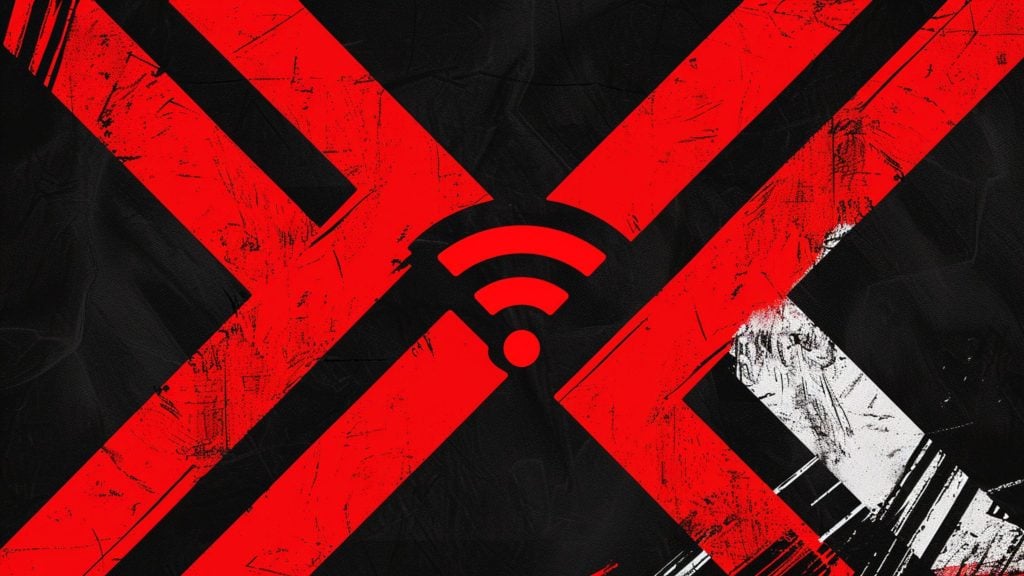The constant surveillance of messages on social networks by the government in India has forced many young people and journalists in the Jammu and Kashmir region to use encrypted messaging applications to be able to express their political opinion freely without persecution.
Territorial problems in Kashmir continue to affect its citizens’ quality of life. After the territorial reorganization that the state suffered in 2019, the repression from the authorities has become much more fierce, which has even resulted in the surveillance of people’s comments on the internet.
Before August 2019, social networks such as Facebook and Twitter were safe ways for citizens to express their political views, but that changed shortly after when the south of the region became part of the Indian administration.
A 21-year-old who remained anonymous stated that recently some of his close friends have been arrested and tortured by the country’s police forces simply for speaking out online. The young man admits that, although he was not directly arrested, the psychological pressure he feels is enough to break him and silence him.
In an attempt to continue with communications within the region, many Twitter users (a social network that can be easily monitored) have migrated to applications such as Telegram or Signal that supposedly guarantee encrypted messaging. Despite this, they are still afraid to speak openly.
Another Kashmiri resident, this time 24-years-old, indicated that even when using encrypted messaging services, he is careful to write to his friends and uses code words to prevent the government from understanding the messages.
The Kashmir Walla:
For the Kashmiri Twitterati, encrypted chat applications add an extra layer of security. But the paranoia that the government is reading their texts is permanent. “Before typing any text, I always think that they would be reading this,” said the 21-year-old. “Sensitive conversations like [about] encounters and our political ideas are now done on encrypted chats,” he added.
“I don’t feel totally safe but feel better and secure than I did on Twitter, Instagram, and WhatsApp.”
And due to feared surveillance in the larger context — of tech-giants selling the consumers’ data — Aqib Mir, 24, a resident of the capital city of Srinagar, said that “for sensitive things” he uses codewords with friends even over encrypted chats. “We have come up with something as an alternative to words to talk privately so that nobody else knows,” said Mr. Mir. “No one wants to get into trouble.”
The online repression measures have particularly affected many of the journalists of the Kashmiri press, which is why some journalists have also opted for this new alternative to provide accurate information about what is happening in the country.
The Government of India has tried to remove the comments against them through different methods, from slowing the internet to blocking social media. It has even passed laws that make the use of VPNs a crime.
Experts indicate that, for greater security, it is best to have the information of devices such as smartphones encrypted and not only limit it to messages since some of the most recent spying technologies are hidden inside the terminals and not in applications such as WhatsApp.













